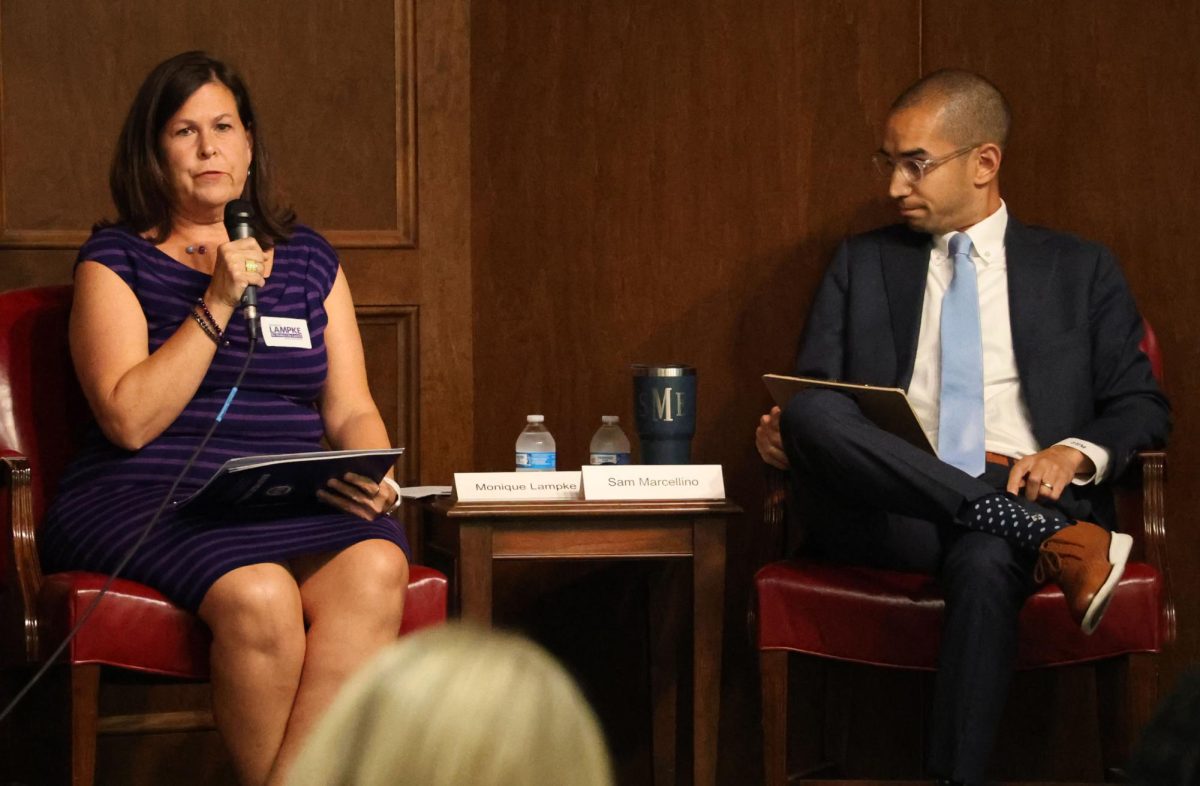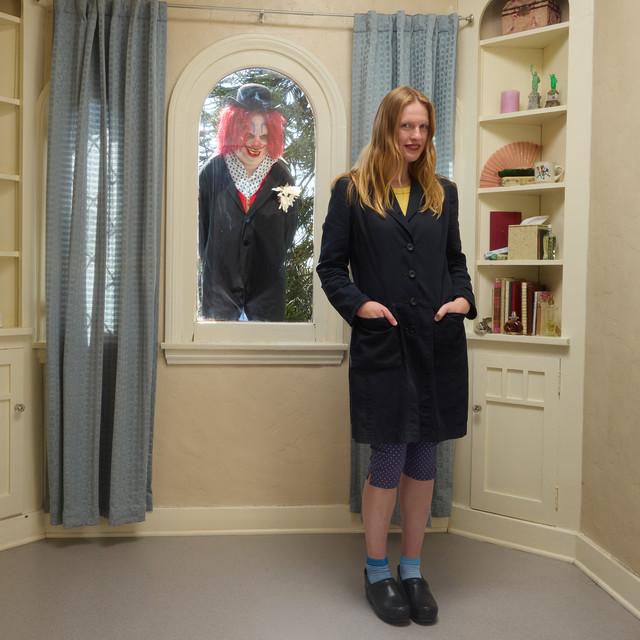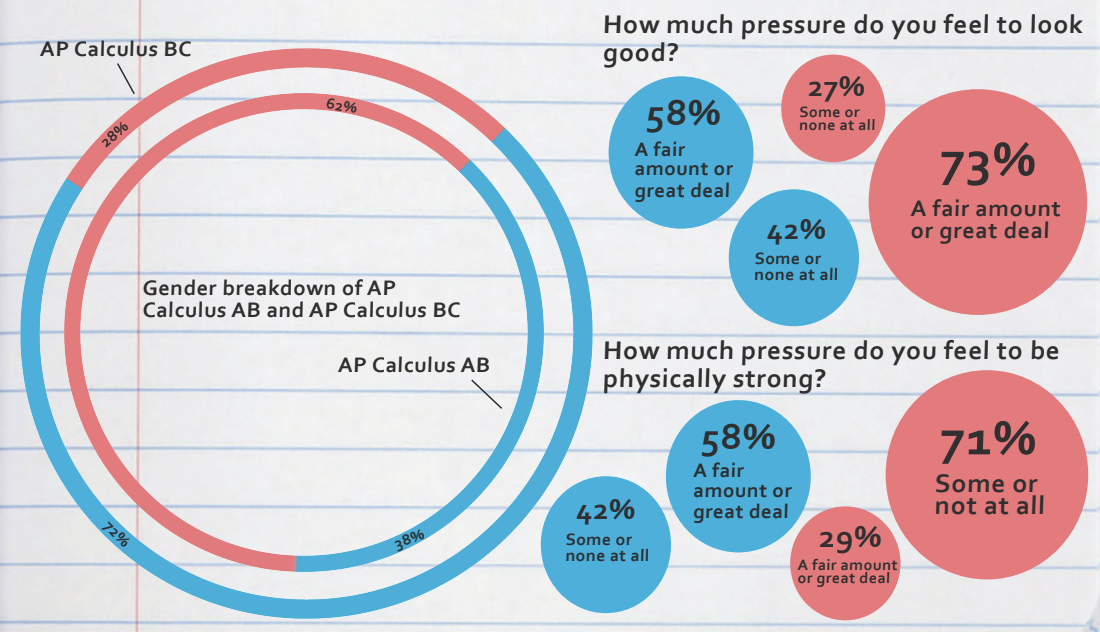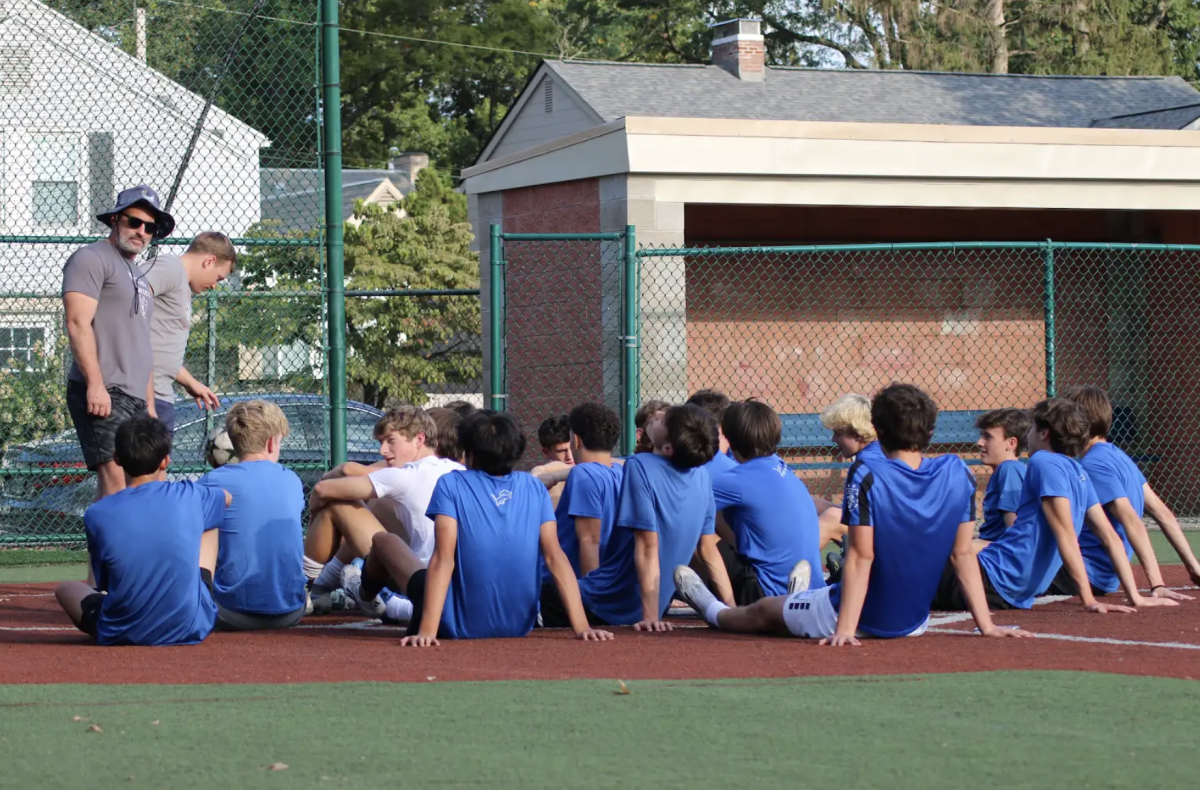Pro
By Allison Lefkowitz / Staff Reporter
School-affiliated sports teams have started to implement mandatory trips for players and coaches over school breaks. These trips can provide numerous benefits for athletes both on and off the field, including opportunities for team bonding, exposure to new experiences and an overall enhancement in the team’s performance.
One of the biggest advantages of taking athletic trips over school breaks is the opportunity for team bonding. These experiences bring teams together and create more team chemistry between the players and coaches. Whether it’s during team dinners, casual downtime or sleeping in the same facilities, athletes are able to strengthen their relationships with one another. Team bonding will allow the team to work together more efficiently during the season.
Every year, the boys lacrosse team takes a trip during spring break, this year to Disney. They are able to still have the fun travel aspect while also playing in games to prepare them for the season. These destinations make it seem less like an athletic trip, allowing the athletes to have a fun experience while also improving their skills.
During school breaks, athletic teams often have more time and fewer distractions than during the regular school schedule. This allows for more focused practice sessions, resulting in additional development of specific skills. Whether it’s attending a sports camp, participating in a tournament or practicing in a new environment, athletes are able to improve their abilities.
Additionally, traveling for athletic events requires a certain level of discipline and responsibility. The athletes will gain accountability because they are in charge of their belongings. Also, they must manage their time wisely and make sure they are waking up on time for practices and other obligations.
Ultimately, school-sanctioned athletic trips over breaks are beneficial because they provide an opportunity for team bonding, more focused practice time and an increased sense of responsibility.
Con
By Emma Schiff / Staff Reporter
High school sports teams have begun to require their athletes to attend trips over scheduled breaks from school. However, scheduled breaks are intended for students and staff to enjoy a vacation, relax and spend time away from normal school hours. Mandatory athletic trips are a disadvantage to students because they force families of athletes to adhere to these requirements and change break plans.
During breaks, students can use the week to visit friends and family they don’t get to regularly spend time with. Attending an athletic trip forces athletes to miss out on making the lifelong memories that come with seeing loved ones. This is another exciting privilege spring break offers that athletes are robbed of when an athletic trip is required.
For example, the boys lacrosse team is required to spend their spring break in Orlando, Florida this year for a tournament. Choosing to play a sport at the high school level should not entail mandated practice times during a so-called “break.” Not every athlete in high school is playing for extremely competitive purposes, nor will everyone play the sport after high school.
Required athletic trips are also a major inconvenience for students who balance their school, work and sports schedules. Losing work hours to attend these trips can cause an athlete to fall behind financially and add unwanted stress. Spring break could also be a time to pick up extra shifts, work longer hours and prove themselves for a promotion or bonus paycheck.
Many students choose to spend a significant amount of time doing homework over breaks. If a majority of their spring break is occupied by a sport, there is little to no time left to complete homework assigned during break.
If the location is distant, this results in more work time that is lost by traveling there and back. Athletic trips should not be mandatory for athletes to attend over designated breaks as it can cause financial and emotional stress. Allowing players to opt-in or opt-out of a trip could be a much easier solution than making students commit to travel during their time off.
Published March 2025. Digitized 2025.





























